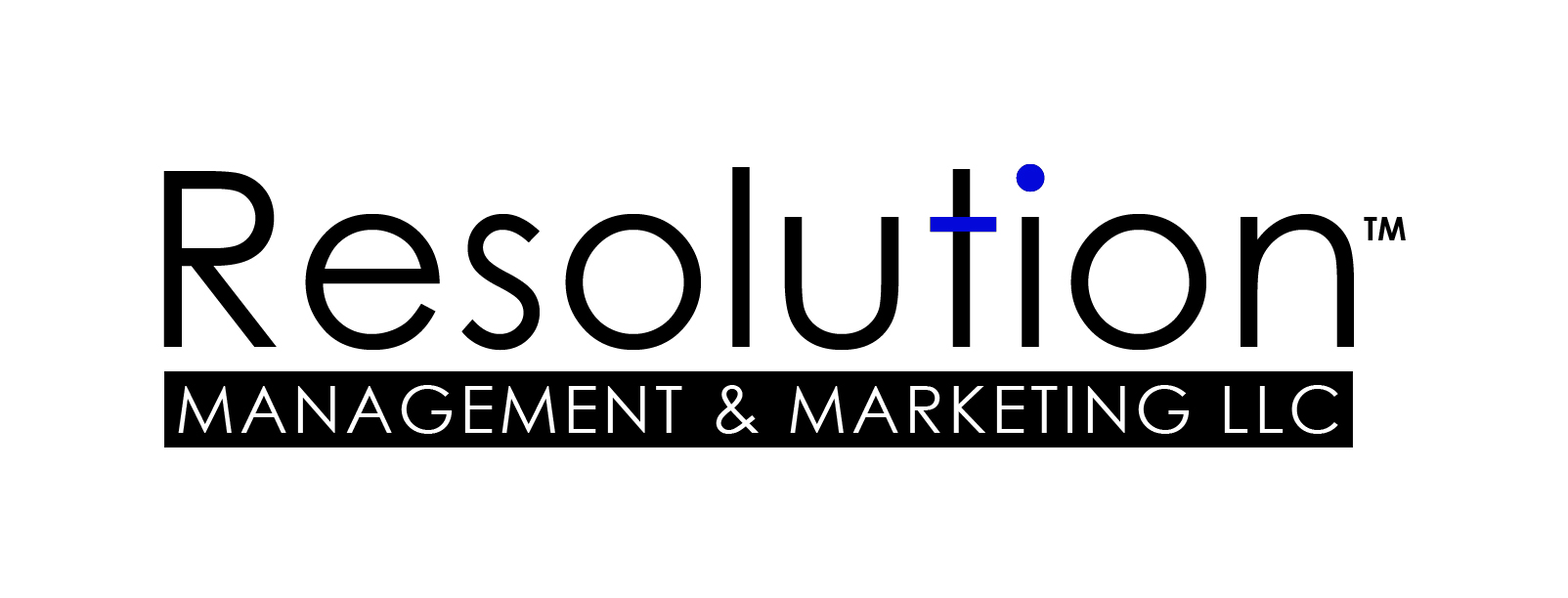
Financial Regs Exacerbate Small Business Lending Reticence
September 29, 2010
Congressional Military Sponsorship Ban – Budget Lessons
July 19, 2012Despite many positive economic indicators entering the 2011 earnings season, the sum of various socio-economic benchmarks (highlighted by the major declines across all major market indices in the past 10 days, which have now essentially wiped out the past 12 months’ gains) is clearly overwhelming corporate America’s present efforts to drive the United States into a period of sustained economic growth.
It brings to mind the popular cliché – “perception becomes reality”, which could apply equally to either many consumers’ sentiment that the US is still in a recession, despite most economists concluding it officially ended in mid-2009 based on benchmarks such as GDP and industrial production, OR an increasingly popular notion that the US and world economic powers lack clear and decisive leadership to combat the underlying problems.
I put forth the argument in a previous blog that many of the financial regulations implemented by the US government following the 2008 Great Recession as governance to help prevent another similar set of causal circumstances, were in fact actually posing a major impediment to domestic and international economic recovery. In the past 30 days, I have watched interviews with the largest banks’ CEOs and each insisted that their company is “lending freely to sound customers.” Yet, small business owners would likely argue that at best, conditions for borrowing are perhaps better than 2009, but still grossly ineffective and cumbersome for fostering growth. Many believe that the definition of a sound borrower is also a constantly shifting target. What about consumer sentiment? Ask anyone who has done a primary residence refinance in the past 2 years how reasonable and efficient that process was, regardless of whether they held a spotless credit rating, unblemished payment history and 20%+ equity in the asset? While the cost to borrow money remains at historically low levels, the barriers for many borrowers to access such funds remain historically high. In spite of this, the banking industry remains under the specter of maintaining maximum capital and additional new regulations
The financial branches have already exhausted nearly all of the traditional resources at their disposal, including the Fed’s quantitative easing policies and increasing commodity prices have raised fears about inflation. A related concern is that historical actions by the Fed, which may have been effective in the past century during other recessions, are not as well suited to effectively addressing today’s underlying economic issues and thus failing to yield measurable further improvement. To date, US Treasury officials are only willing to acknowledge “less than expected” GDP growth in the next 12 months and signaling intent to continue maintaining low interest rates.
The elected officials of our executive and legislative branches continue to appear unwilling and/or unable to agree on strategies to effectively address critical issues such as the US debt ceiling. Instead, the most common statement in response to the ongoing concerns is “the economy needs to generate more jobs.” Few in consumer or corporate America have been in awe digesting such a statement of the obvious. What has been much more shocking is the inability to identify a working consensus amongst officials to address the root factors which will materially facilitate further job growth.
Perhaps the most striking evidence of the present leadership vacuum is the steady procession of Fortune 1000 corporate executives who have been issuing their companies’ most recent earnings reports, then publicly lamenting the lack of assertive, clear and consistent policies by the United States on various key factors such as sovereign debt, banking regulations, taxes and healthcare. It’s a sentiment shared by most of the international community as well and unfortunately, it would appear that elected officials remain steadfastly tone deaf that their lack of leadership continues to impair consumer and corporate America’s ability to generate sustainable economic growth. The continuing uncertainty in worldwide financial markets in recent days is simply the latest in a series of increasingly overt reactions by US and world markets to that leadership vacuum.
For businesses of any size or type, the current economic and political climate is a macro-level teaching example of how critical effective leadership and communication is to your employees and customers: and the many problems which may result in its absence.




